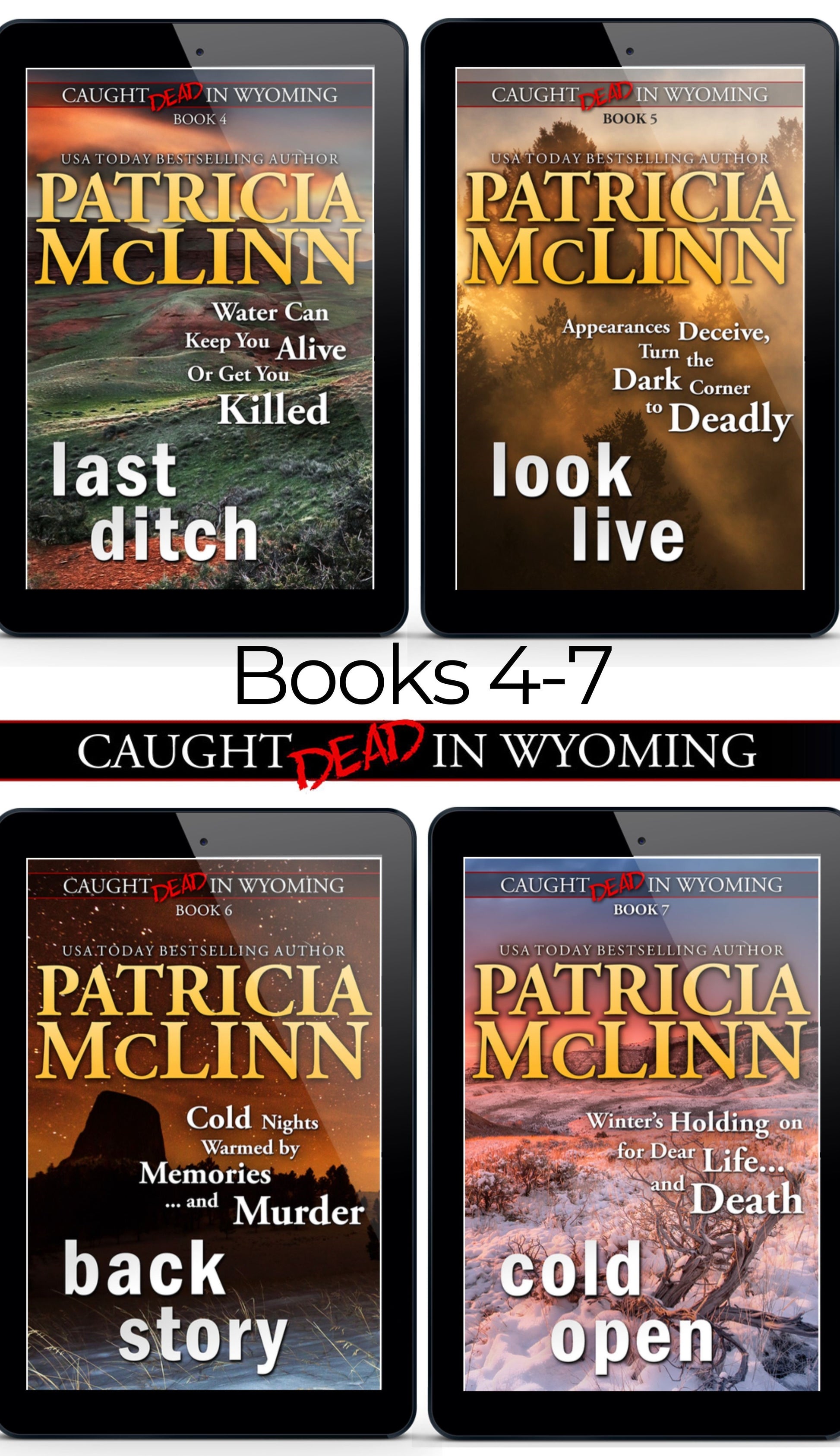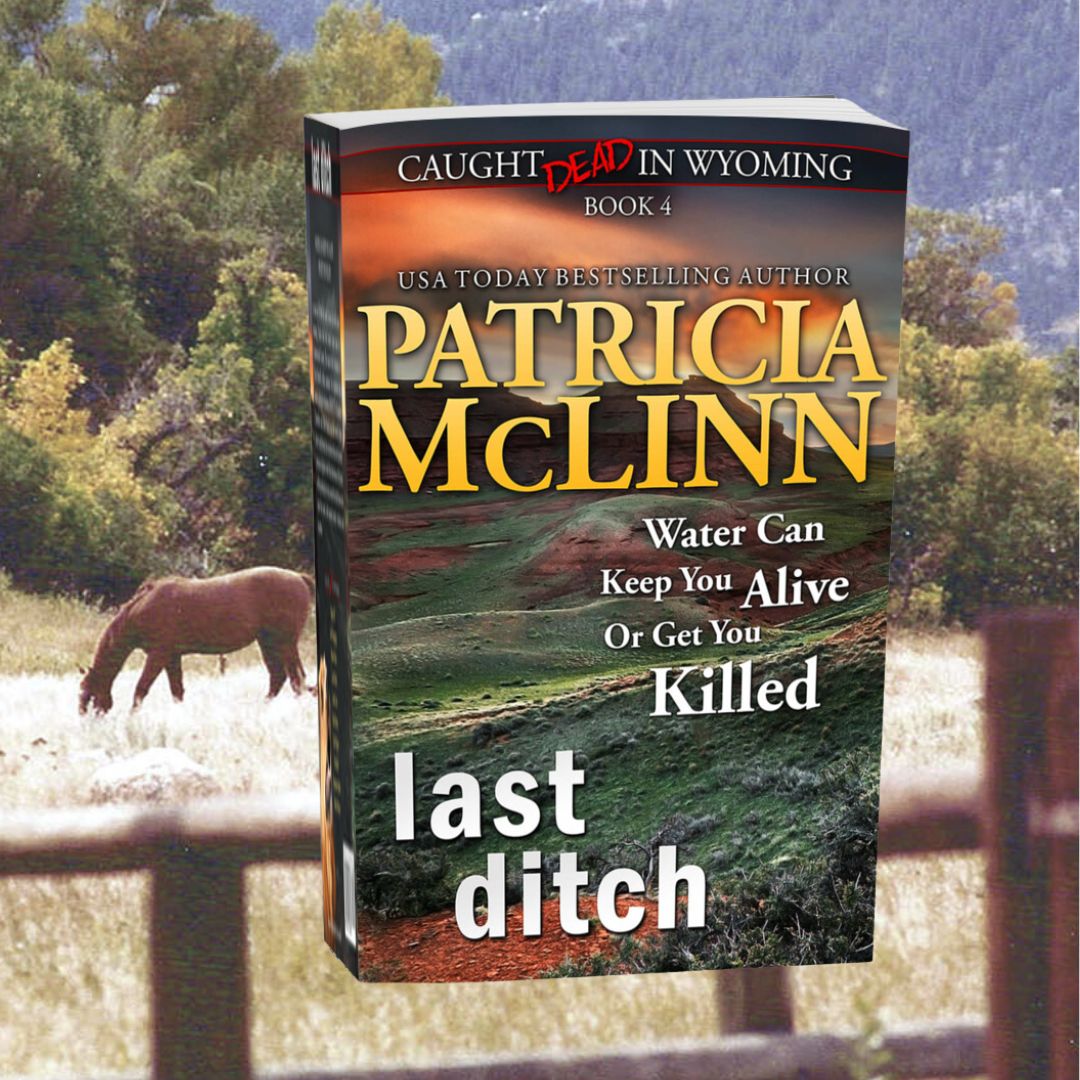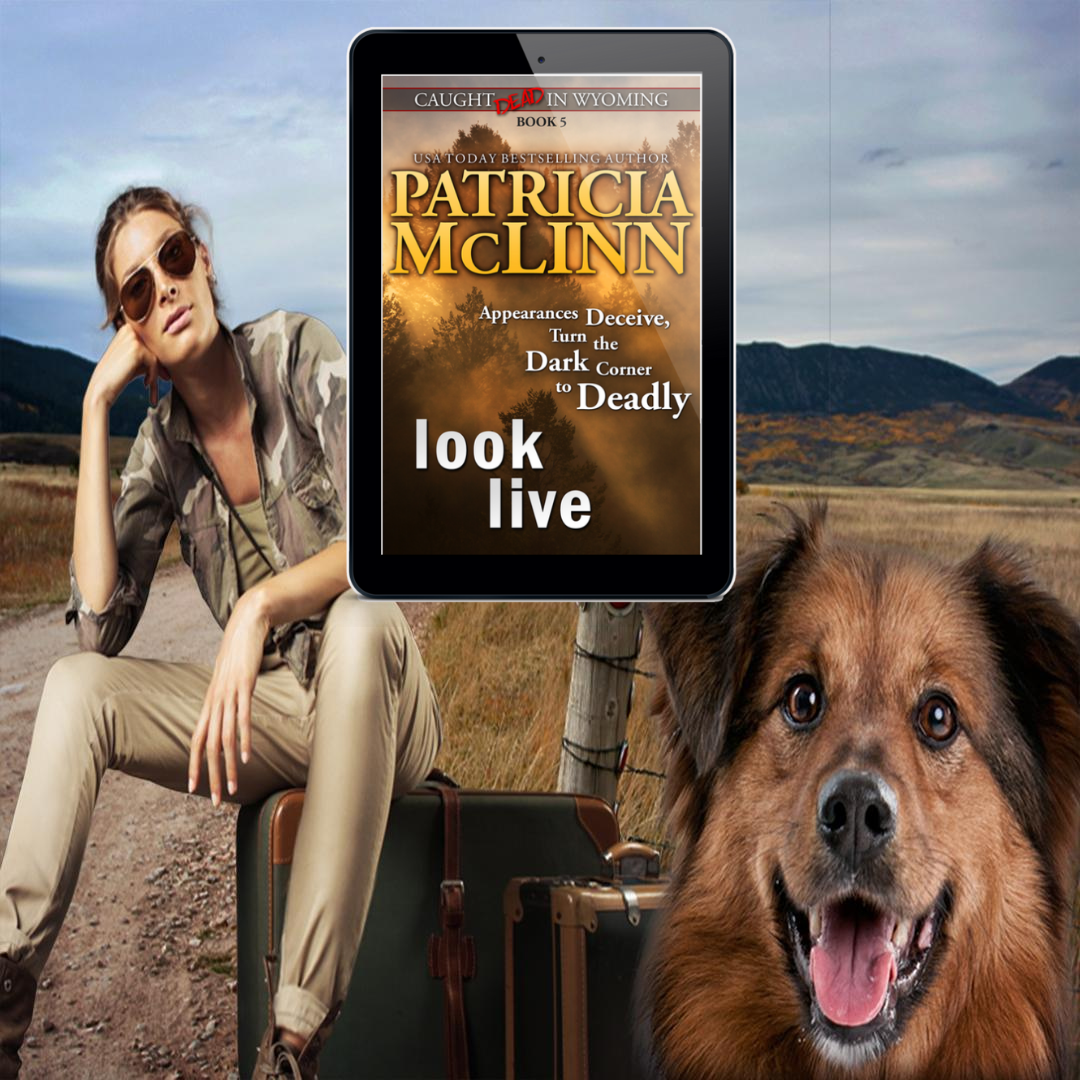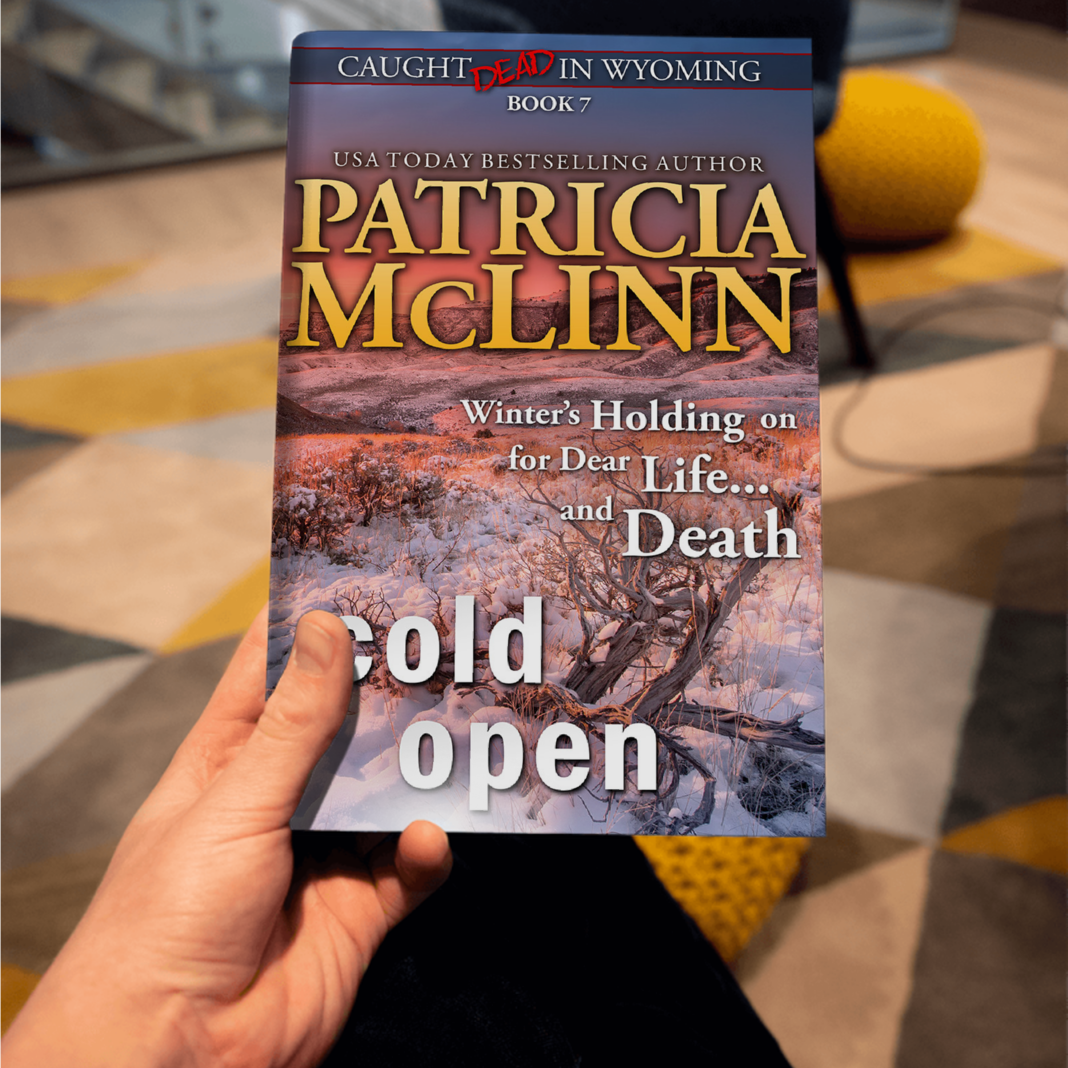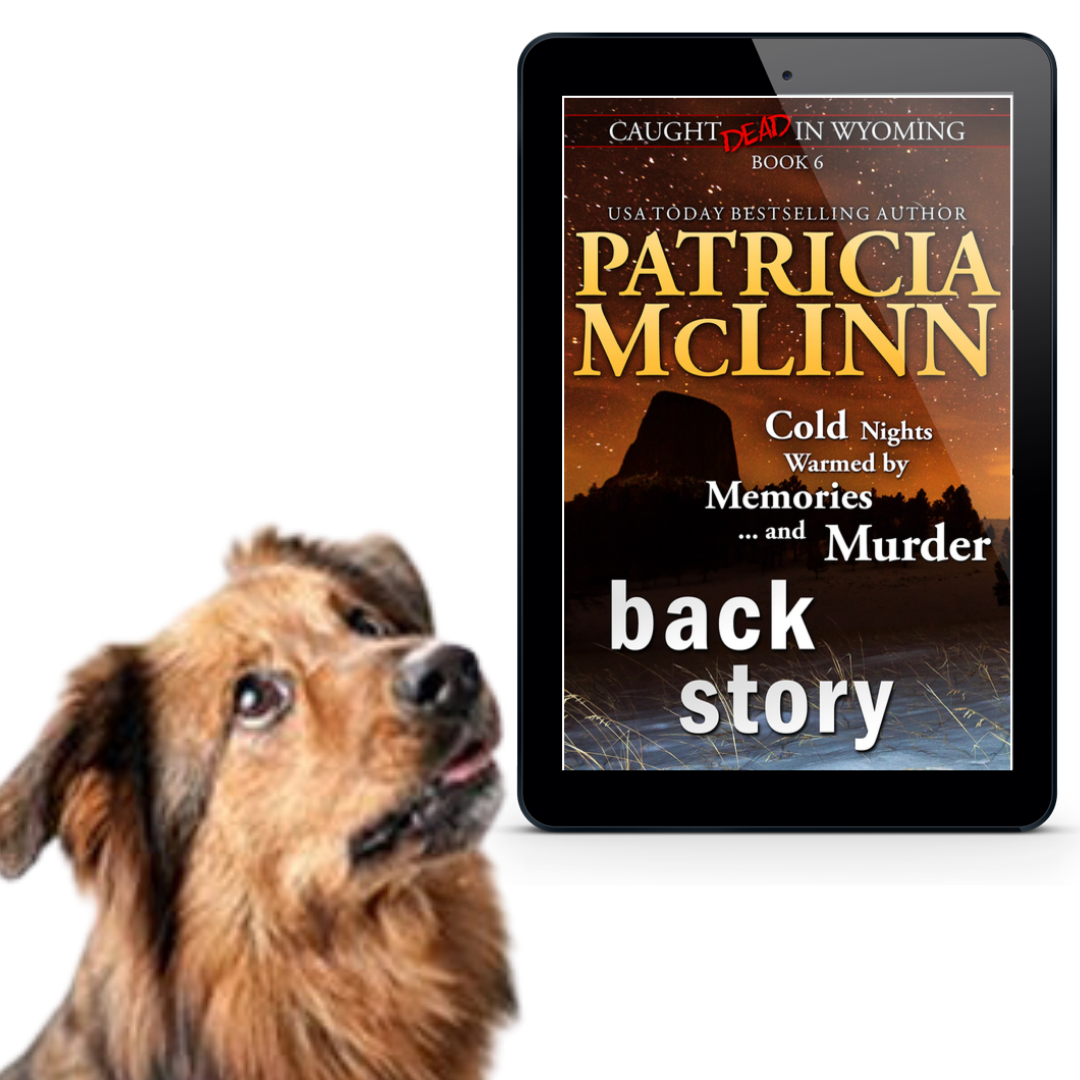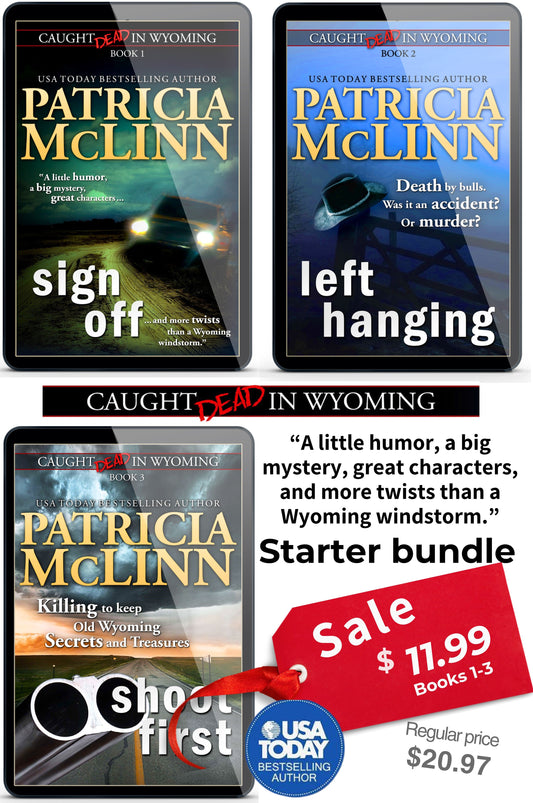Caught Dead in Wyoming Bundle Bks 4-7 (ebook)
Caught Dead in Wyoming Bundle Bks 4-7 (ebook)
⭐⭐⭐⭐⭐ 3,919+ 5-star reviews
- Purchase ebook(s)
- Receive download link & instructions via email from BookFunnel
- Send book(s) to your favorite e-reader app
- Enjoy your book!
Couldn't load pickup availability
"If you haven’t started reading this series and you enjoy reading funny, sassy, interesting, characterful books, then start at book one and continue through. You won’t be sorry.” ⭐⭐⭐⭐⭐
"You want to stop everything to read while hoping it never ends." ⭐⭐⭐⭐⭐
~***~ EXCLUSIVE!! ~***~
Enjoy Books 4-7 in the much-loved Caught Dead in Wyoming whodunit mystery series in ebook at the best deal available. Regular price of $27.96 is now $16.99.
Elizabeth “E.M.” Danniher is sorting out her life and career, after shifting from top-flight TV journalism to the smallest of small markets at KWMT-TV in Sherman, Wyoming.
Oddly, it's encountering dead bodies that's helping her figure out life.
Solving mysteries -- often with at least a glance to the past of Wyoming -- with the help of her friends, colleagues, and family has become central to what she does. While she grapples with her evolving personal life.
-
Last Ditch
Irrigation ditches bring life to part of Cottonwood County, but this ditch also brings death.
-
Look Live
A trip to Yellowstone Park for Elizabeth, her visiting friend, and Mike, sets the stage for murder in Sherman.
-
Back Story
A convicted murderer comes to town . . . and Elizabeth discovers the case is far from closed. -
Cold Open
House-hunting has never been this deadly. Elizabeth needs to find the murderer before she braves another open house.
"Addictive. The writing is excellent, the twists and turns keep the brain engaged, and Elizabeth's wry commentary keeps a smile on my face."⭐⭐⭐⭐⭐
Series reading order
Series reading order
How will I get my Ebooks?
How will I get my Ebooks?
Ebooks are delivered instantly by a link in an email from BookFunnel.
You can read the ebooks on any ereader (Amazon, Kobo, Nook), your tablet, phone, computer, and/or in the free BookFunnel app.
If you have any problems, please contact BookFunnel directly at help@bookfunnel.com. Or you can visit their Reader Help Page here.
Your books are always available in your BookFunnel Library located at My.BookFunnel.com.
Share
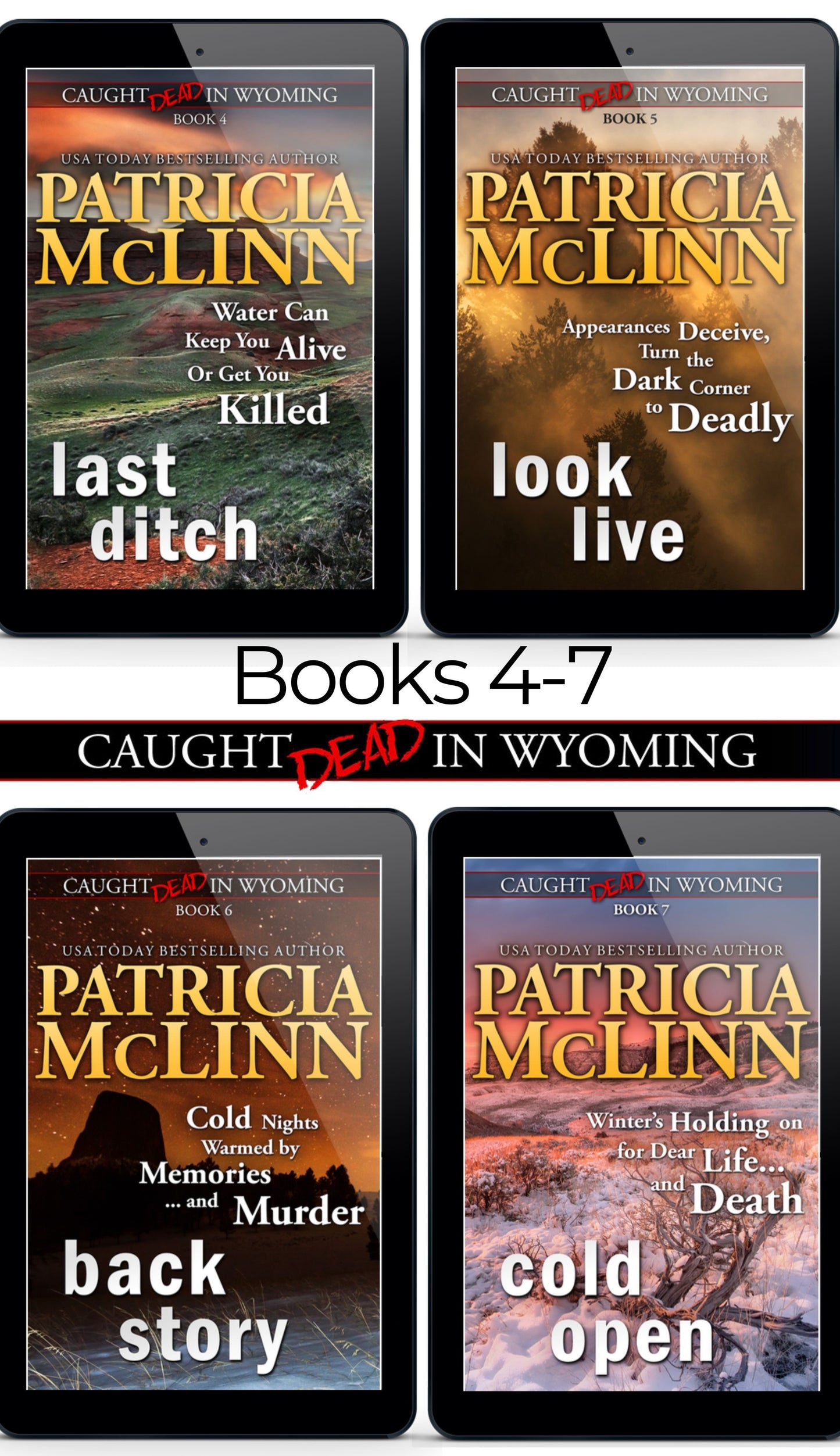
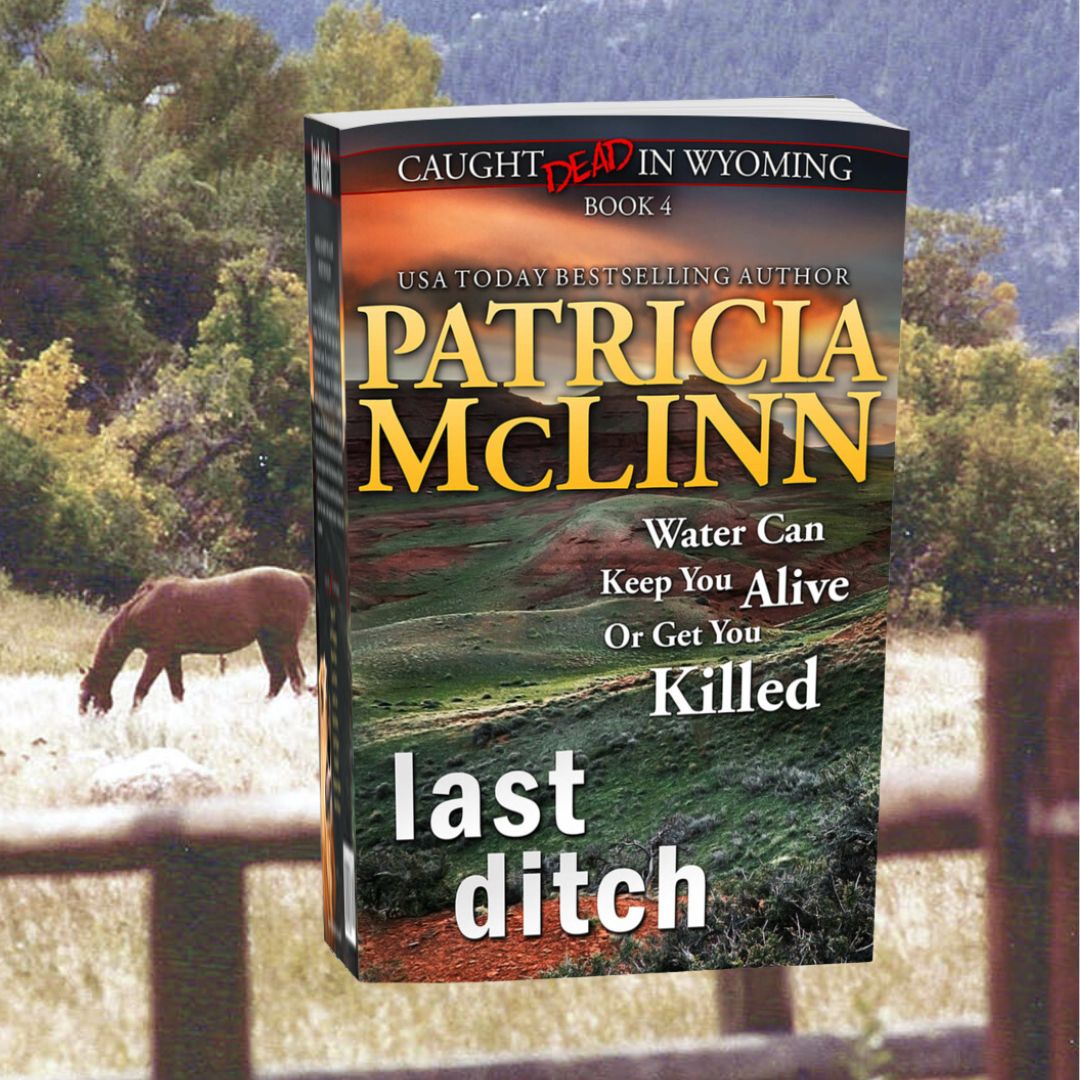
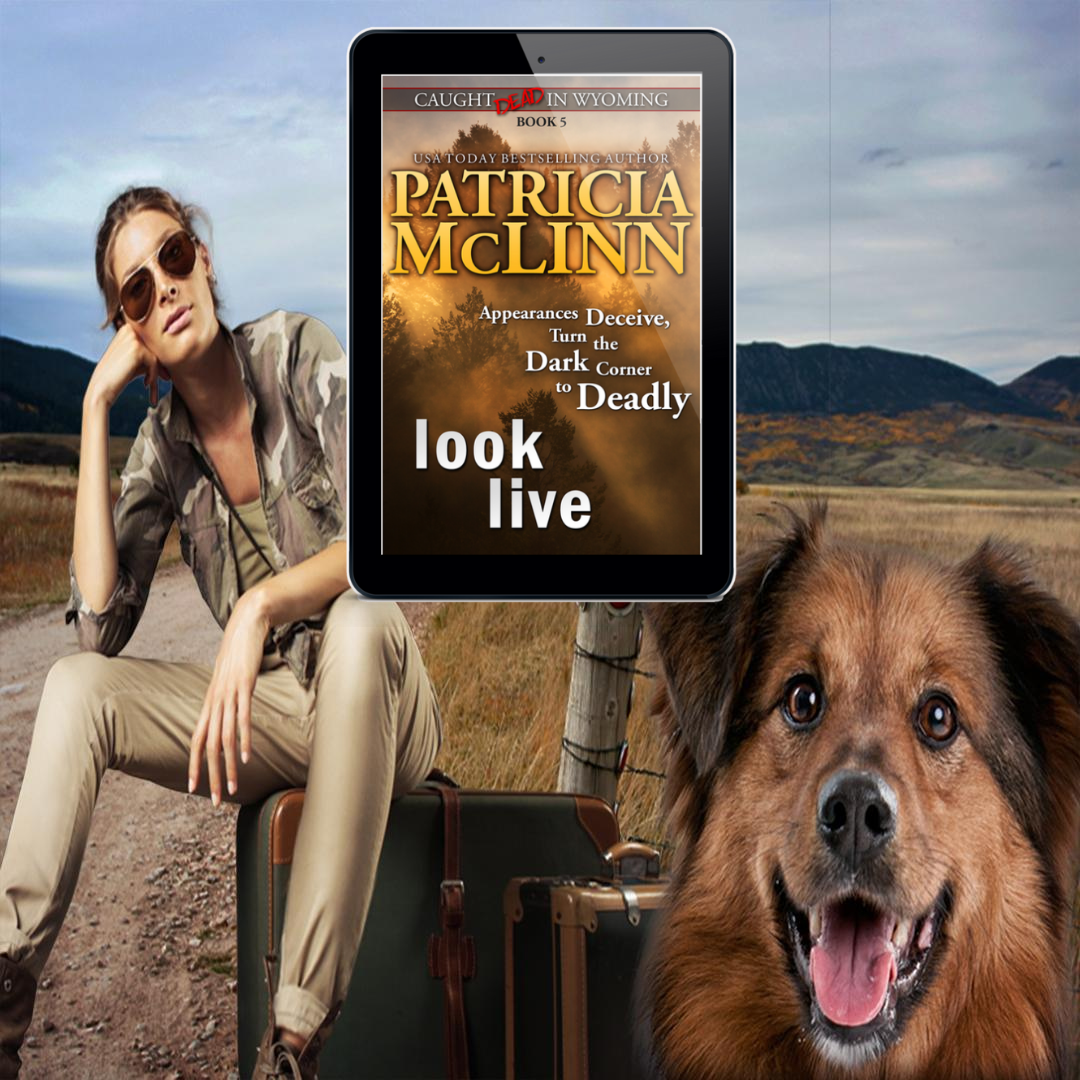
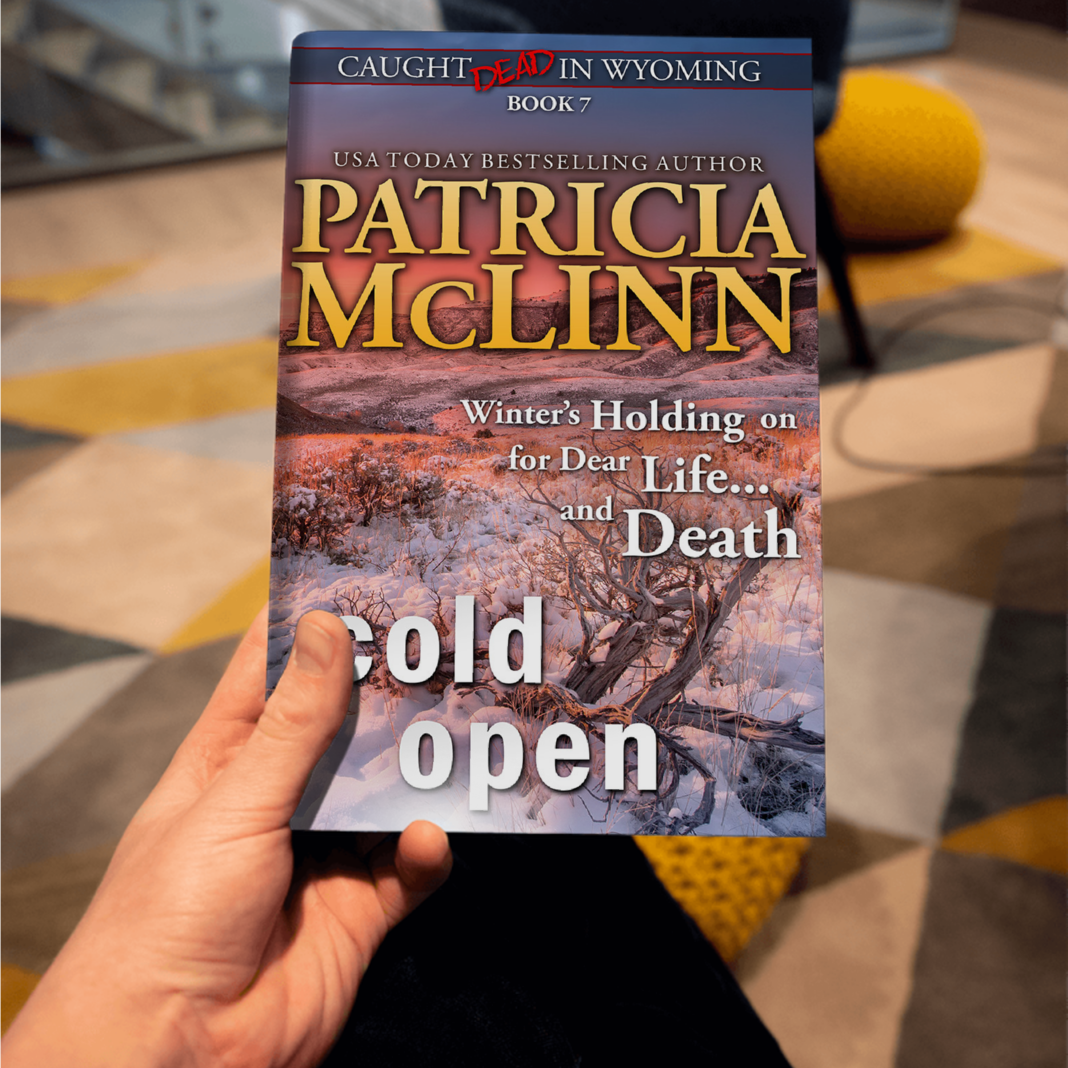
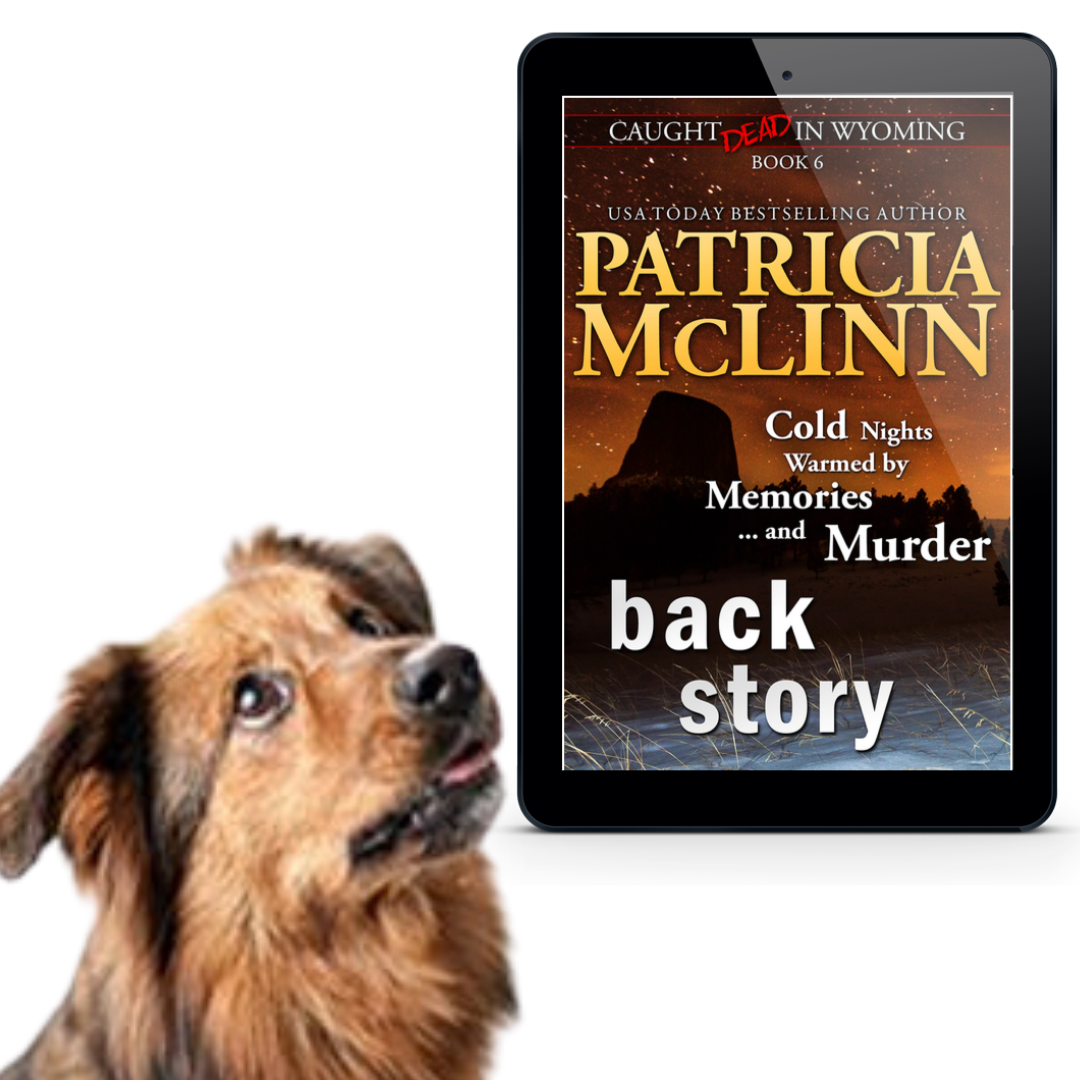
Books in the series
-
The Ultimate Book Bundle (ebook)
Regular price $27.99 USDRegular priceUnit price / per$58.90 USDSale price $27.99 USDSale -
The Ultimate Book Bundle (audiobook)
Regular price $34.95 USDRegular priceUnit price / per$99.90 USDSale price $34.95 USDSale -
The Ultimate Book Bundle (paperback)
Regular price $79.99 USDRegular priceUnit price / per$116.99 USDSale price $79.99 USDSale -
Starter Mystery Bundle Bks 1-3 (ebook)
Regular price $8.99 USDRegular priceUnit price / per$20.97 USDSale price $8.99 USDSale -
Ranch Trilogies Bundle (ebook)
Regular price $22.99 USDRegular priceUnit price / per$35.94 USDSale price $22.99 USDSale

